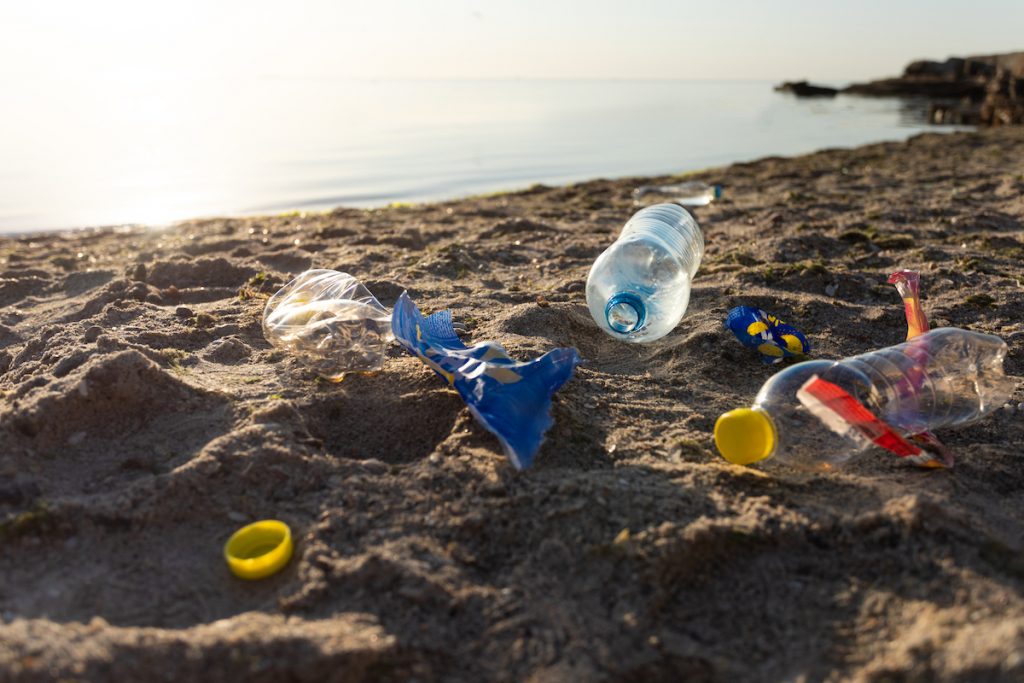“There’s a billion-dollar bill lying on the ground. Why is no one picking it up?”
It was Dr. Jonas Grafström at Ratio who asked that question at a webinar earlier today. He means that the circular economy is that billion-dollar bill. Together with his research assistant, Siri Aasma, he has just published a study that can help explain why no one picks it up. The study points to a number of obstacles that prevent us from getting started with circular economy, despite the fact that there are both economic and environmental benefits to be made.
Lack of knowledge is such an obstacle. It goes without saying. If I don’t understand that the piece of paper lying on the ground is a billion-dollar bill, I will not realize its value and thus leave it. Jonas’ message was therefore: talk about circularity as often as you can so that more people understand what it is and the opportunities it brings.
His point is spot on; it became very clear today when we got a question from a product designer at one of our customers. The company has worked very structured with sustainability for the past seven-eight months, and now the employees have started to think about how they can work with it in their roles and departments. They have simply opened their eyes to the billion-dollar bill.
The question was: Do you know of any supplier who can supply processed sea plastic as a material for injection molding?
Replacing ordinary plastic with recycled sea plastic will not save the world and recycling is only a small part of a circular economy, but the question is just an example. It makes it perfectly clear that people are starting to get insight, commitment and are curious about the opportunities the company has to make a difference.
Now, we don’t know of any company that can supply processed sea plastic as a material for injection molding, so now we turn to you, our dear network.
- Do you know of any company that can provide this?
- Do you have insights and competence in the area of sea plastics or do you know anyone who does?
Thanks.


